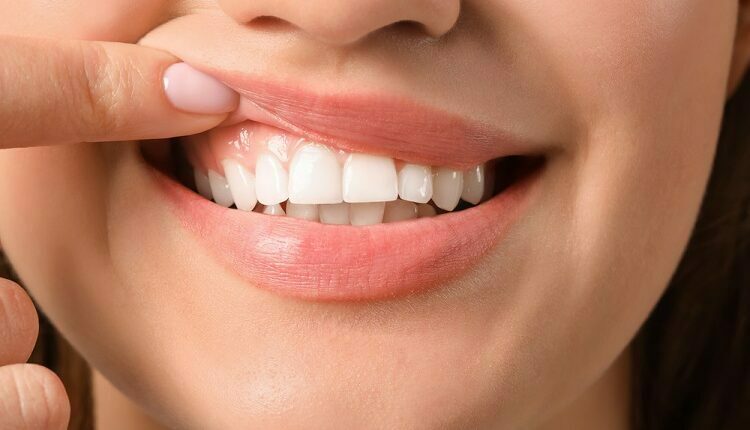How To Keep Your Gums Healthy: A Guide
A survey conducted in 2018 found that 42% of Americans do not go to their dentist as often as they should. However, despite this fact, 85% of them understand the importance of taking care of dental health and paying a routine visit to the dentist. Therefore, it is no wonder that 4 in 10 Americans suffer from gum or periodontal disease.
People are mostly worried about their teeth when it comes to dental health. However, taking care of your gums is equally important. Having healthy gums starts at home by following proper measures. Visit a Willowbrook dental office today if you experience gum pain.
Table of Contents
Guide to keeping your gums healthy
1. Switch to an electric toothbrush.
While traditional toothbrushes with soft bristles work just fine and can keep your teeth healthy, research has found that electric toothbrushes are better in some aspects. For example, electric toothbrushes can remove plaque and thoroughly clean your teeth.
The electrical brushes are on the expensive side, but the extra price is worth it. Moreover, money is not more important than your health.
2. Floss.
Flossing is a basic dental hygiene step but can do wonders for your gum health. You may think flossing is important for your teeth only, but that is not the case.
Flossing between your teeth removes plaque and food particles that your traditional or electric toothbrush may not be able to reach. The best part is that it does not matter when you floss. You can do it whenever you want; at night, during the day, or after every meal.
3. Choose the right toothpaste.
Everyone tells you the right ways to brush your teeth and choose the right toothbrush with soft bristles. However, choosing the right toothpaste is also a significant step.
When shopping for toothpaste, one should always check the list of ingredients on the package. Toothpaste comes in many varieties, from baking soda or whitening products. You want one with fluoride and an ADA seal on its packaging.
4. Brush after every meal or snack.
Brushing after every meal or snack can seem troublesome and unnecessary, but it can significantly improve your dental health. Even when you rinse your mouth with water after eating, some food particles stay on or between your teeth. The longer this stays inside, the more bacteria and plaque it produces.
Brush your teeth properly, not only in the morning or before going to bed, but every meal as well. If you feel lazy, you may skip brushing after snacking.
Consult a dentist in Willowbrook today.

